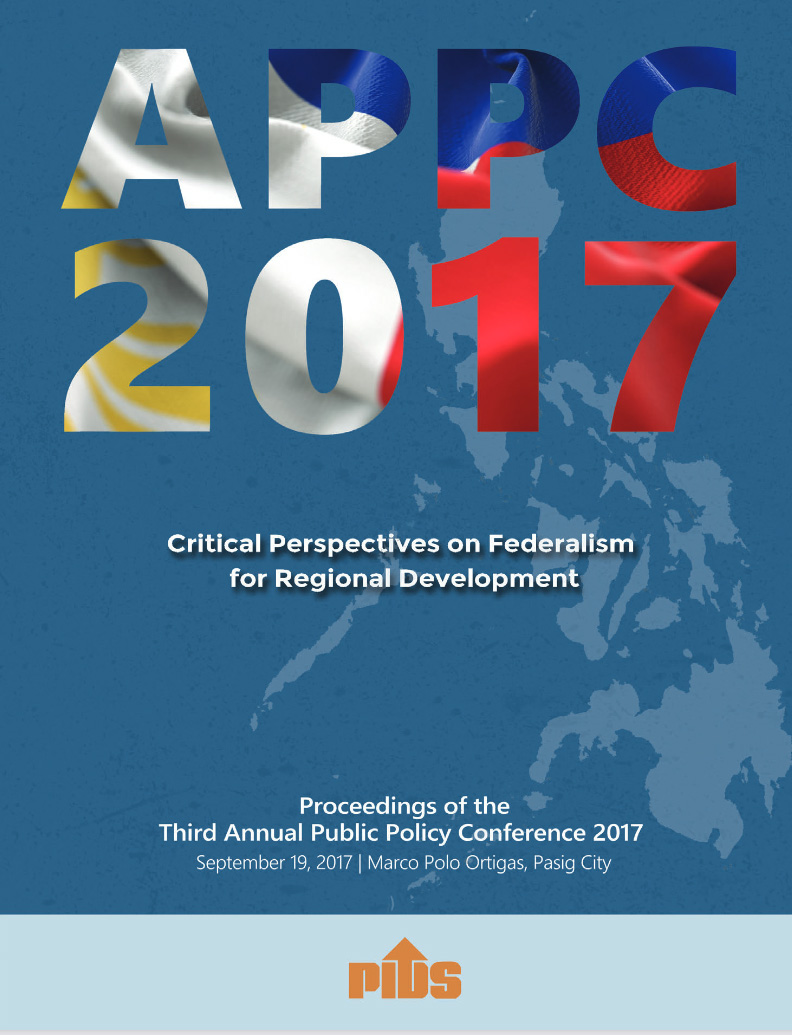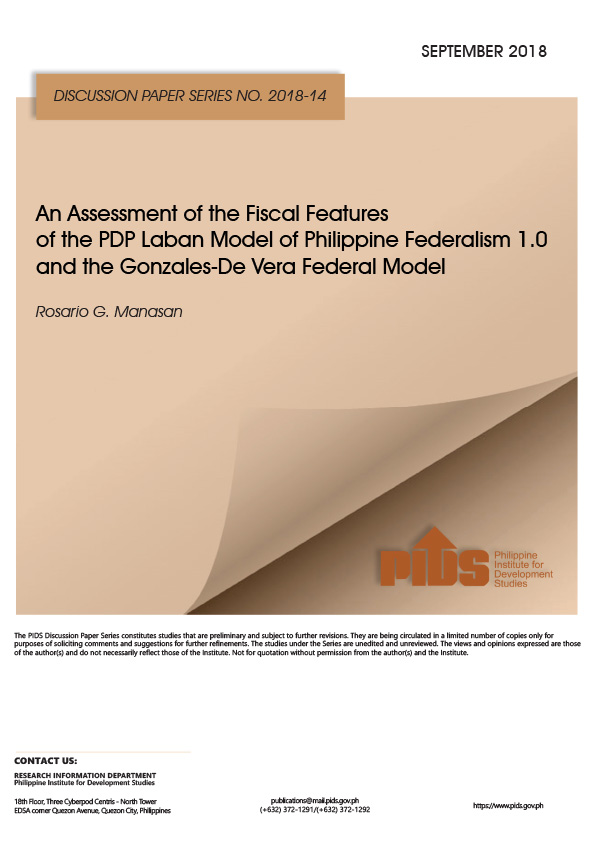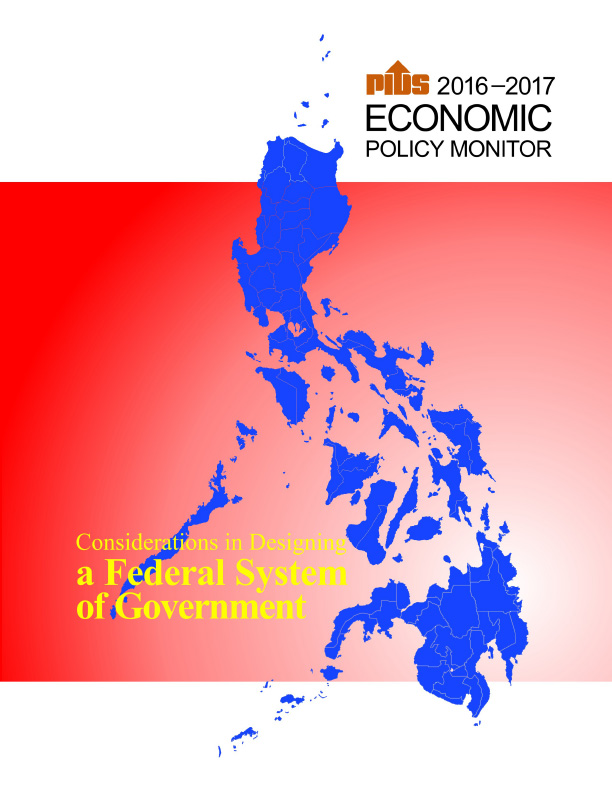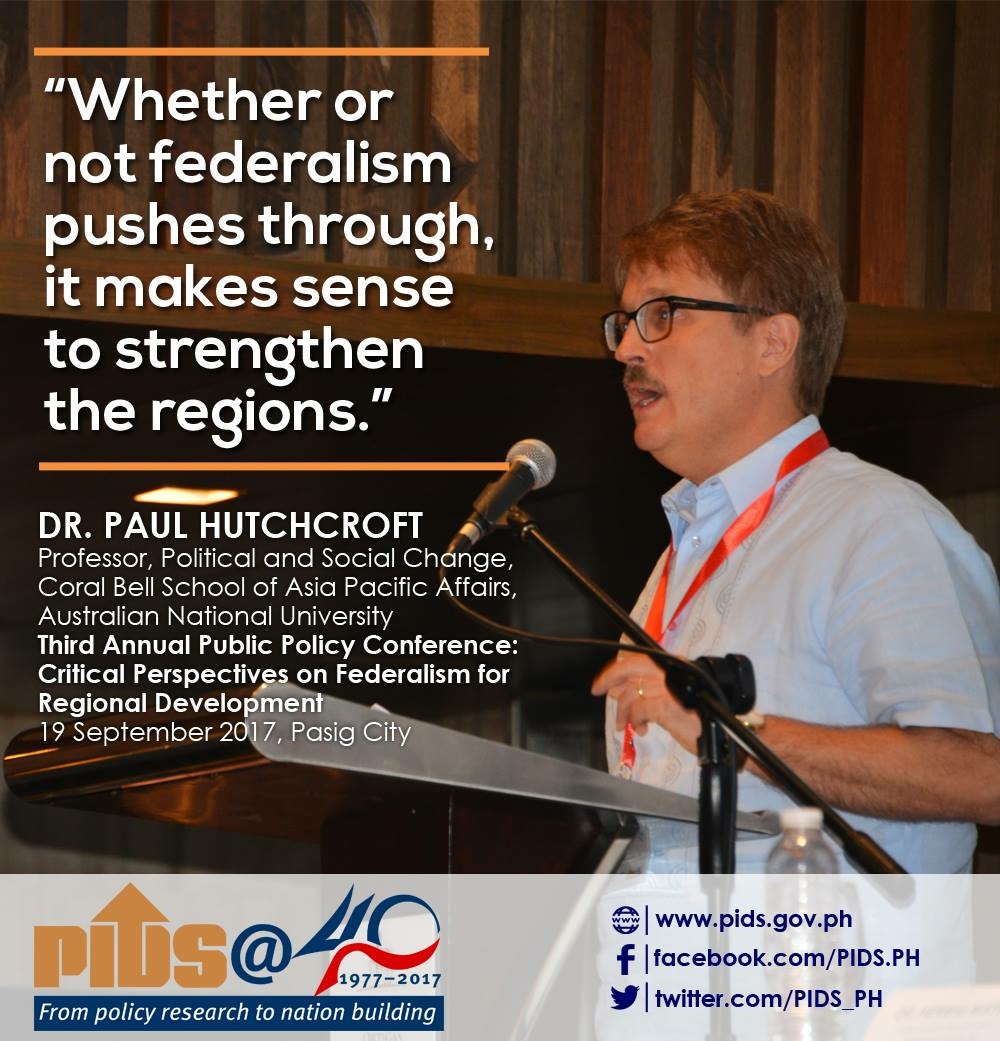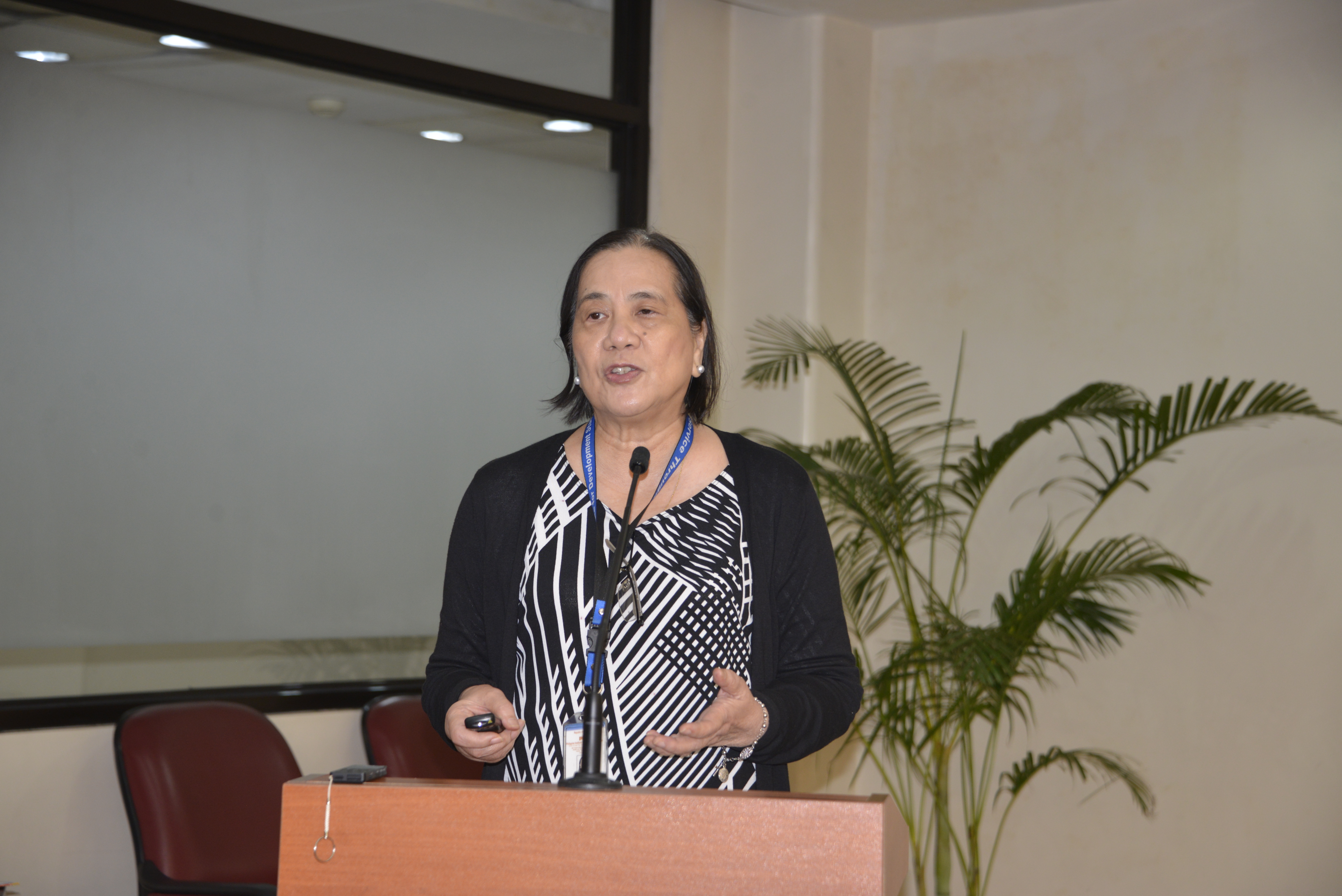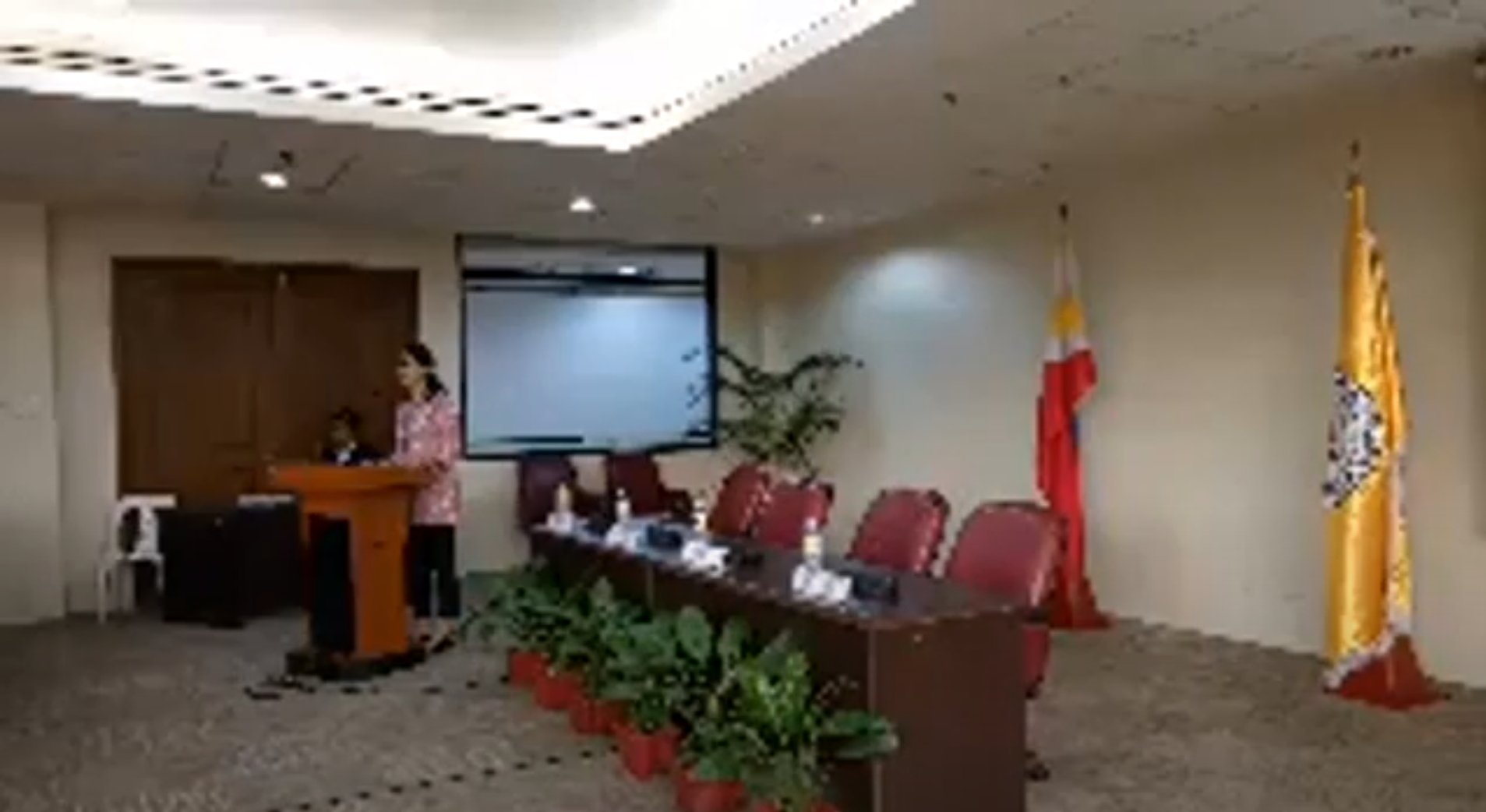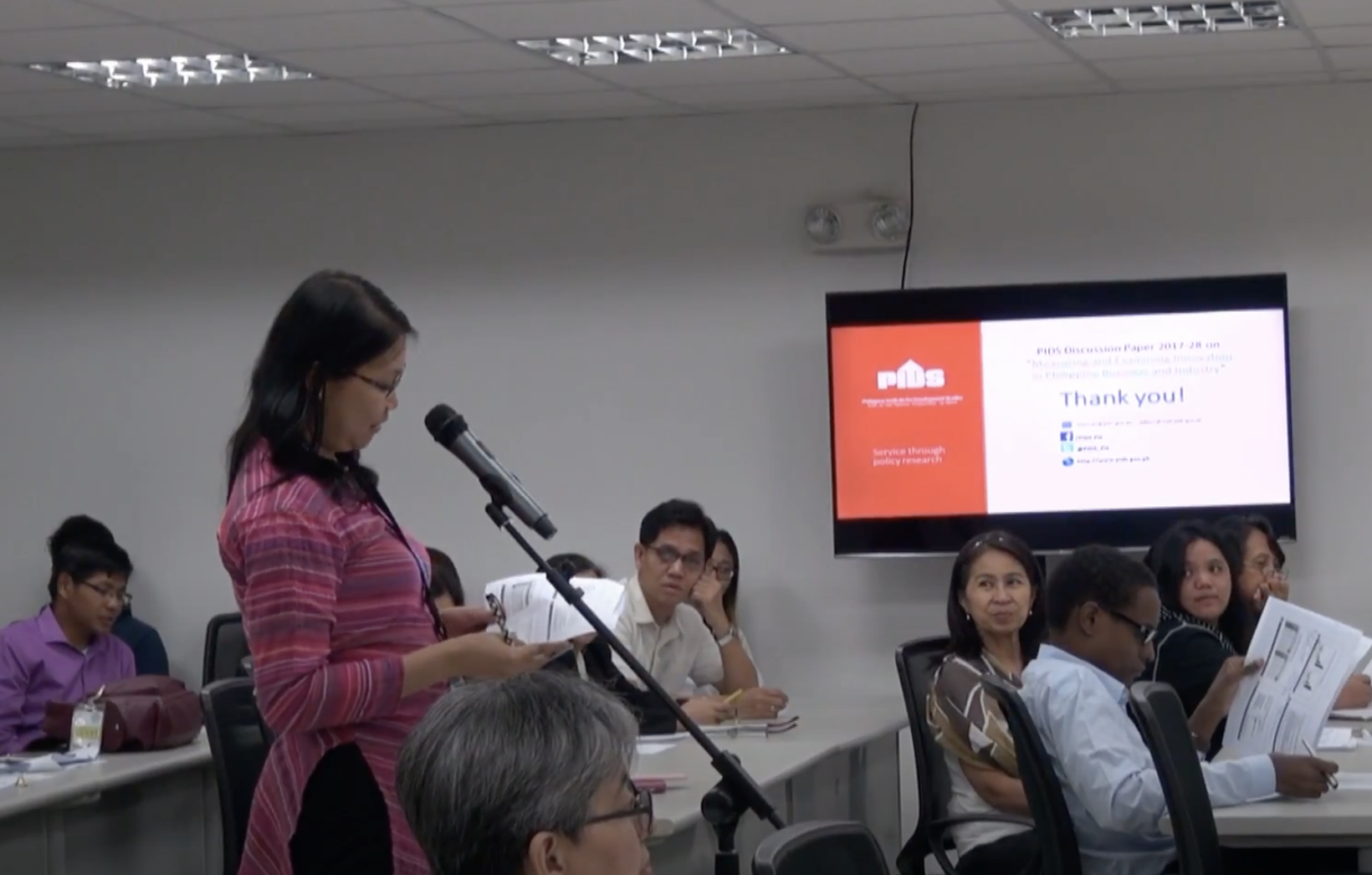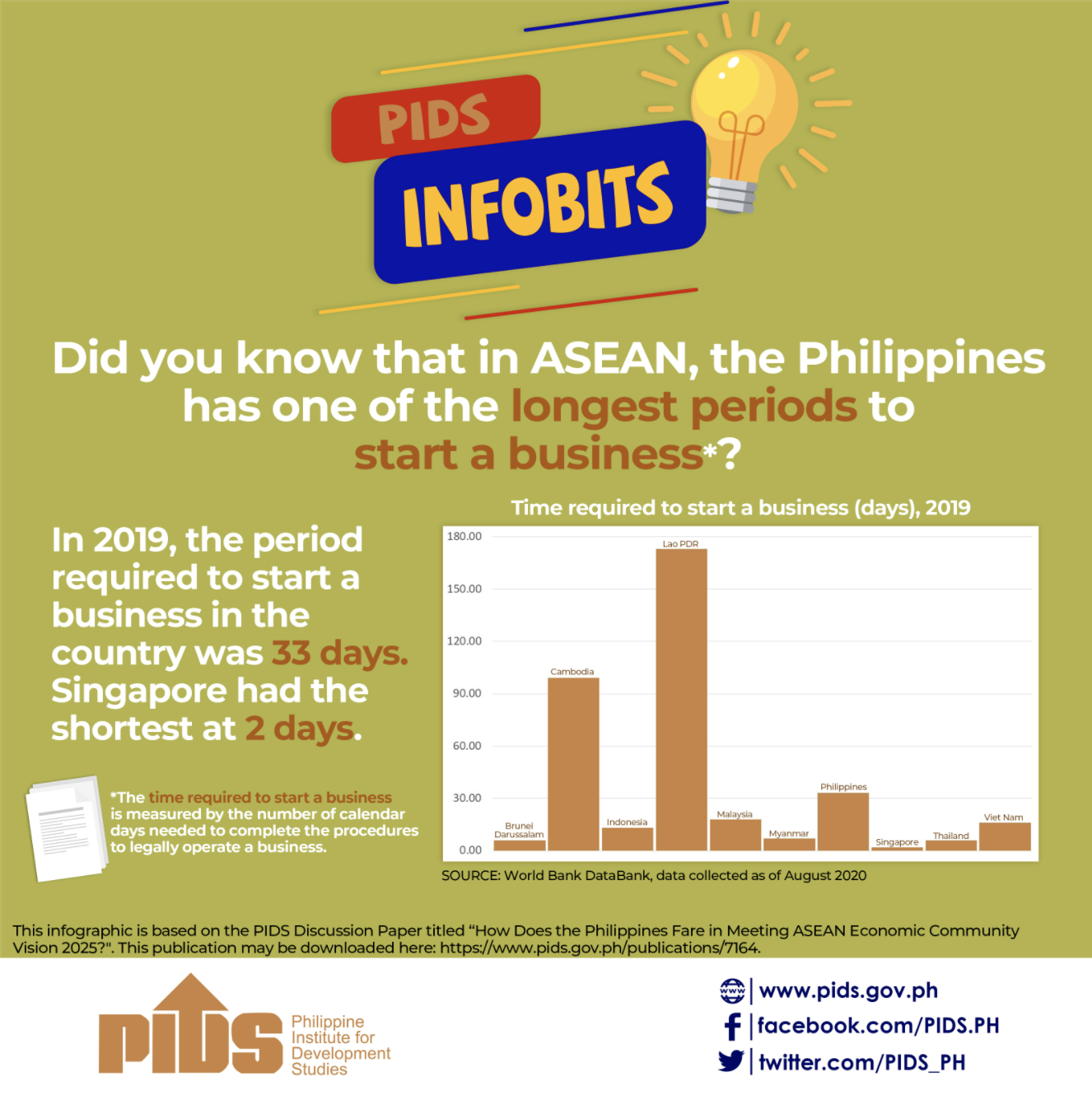BUSINESS GROUPS in a joint statement on Sunday, Aug. 12, supported the call by economic managers of the Duterte administration to “weigh carefully” the costs and risks in the government’s planned shift to a federal system.
“We, the undersigned business organizations, appeal to our legislators to weigh carefully the costs, risks and uncertainty associated with the proposed monumental shift to a federal system of government,” said the joint statement by the Cebu Business Club, Employers Confederation of the Philippines, Financial Executives Institute of the Philippines, Makati Business Club, Management Association of the Philippines, Philippine Chamber of Commerce and Industry Inc., and Philippine Exporters Confederation Inc.
The statement also said, “Accordingly, we echo the concerns of fiscal and economic experts about the ambiguous provisions on the division of revenue and expenditure responsibilities between the proposed federal government and its federated regions.”
“Reports indicate an alarming cost to the would-be multi-level government under a federal system. Preliminary estimates range from P72 billion of the Philippine Institute for Development Studies (PIDS) to P130 billion of the National Economic Development Authority (NEDA). The fiscal deficit is estimated to reach 6.7% of the gross domestic product, which is way beyond the sustainable 3 percent target of our fiscal managers—a prudential limit also observed by the European Union for its member countries.”
“We worry about the dire consequences that such fiscal imbalance could have on the economy and the flagship Build, Build, Build program of the current administration.”
The statement also said, “We commend the economic managers in the Department of Finance, the Department of Budget and Management, National Economic and Development Authority, Bangko Sentral Ng Pilipinas, as well as the researchers in the Philippine Institute of Development Studies for their transparency in openly sharing their analysis and airing their concerns to the public. We support and join their call for a more detailed analysis of the fiscal impact of federalism to serve as basis for the deliberations in Congress.”
“As always, the business community stands ready to work with our political and economic leaders to bring about sustained and inclusive economic growth in the country.”
According to a statement from the Department of Finance last Friday, Finance Secretary Carlos G. Dominguez III said in part that, “based on the fiscal provisions of the draft federal Charter, the federal government would incur a deficit of 6.7 percent, which may result (in) a credit rating downgrade for the Philippines, which currently enjoys an investment-grade rating.”
This means “the Federal government will have to cut its expenditure program by P560 billion,” Mr. Dominguez also said in the statement.
“This means the national government may have to lay off 95 percent of its employees, or reduce the funds for the ‘Build Build Build’ program by 70 percent, or a combination of both,” he added.
Mr. Dominguez, at a Senate appearance last Wednesday where he was joined by Budget Secretary Benjamin E. Diokno and Socioeconomic Planning Secretary Ernesto M. Pernia, flagged the possible cost of a federal system under the proposed federal charter submitted by the Consultative Committee (Con-Com) to Review the 1987 Constitution.
But in his statement, Mr. Dominguez also qualified, “we never stated that we are against federalism. Rather, with respect to the fiscal provisions of the proposed Constitution, there are ambiguous provisions on revenue assignment and there are no provisions on expenditure assignment.”
For his part, Senate President Pro Tempore Ralph G. Recto also on Sunday said the shift to a federal form of government should undergo a “fiscal responsibility check” to determine whether the government can handle the costs.
“It’s like a four-way test. What is the cost to implement it? Do we have the money for it? Do we have to raise tax or impose fees or create savings or borrow money? What is the per capita burden it will impose?” he said in a statement.
He said the country’s economic managers should not be left out from the discussions since they “provide a reality check if a proposal is financially feasible and fundable.”
“Especially now when our debt needle is moving up. Of course when the(re) are expenditures, we should ask the people who manages the government’s money,” he said.
Senator Sherwin T. Gatchalian has filed a resolution directing the Senate to look into the potential economic impact of federalism.
Mr. Gatchalian said Senate Resolution No. 823, filed on Aug. 7, will look into the economic risks and opportunities, impact on regional economic growth, additional fiscal costs of the shift to federalism, effects on investments due to emerging issues on the imposition of additional taxes, administration of incentives, and repercussions on ease of doing business in the country.

